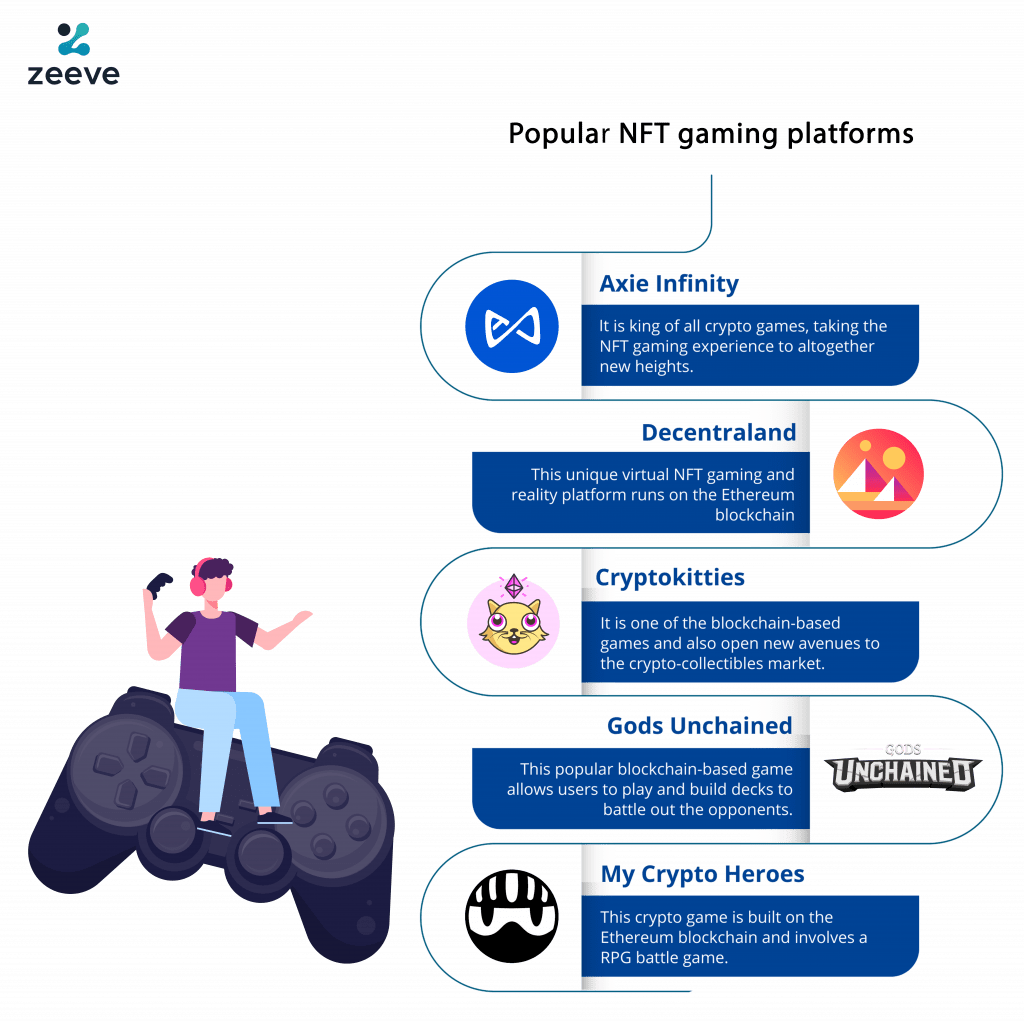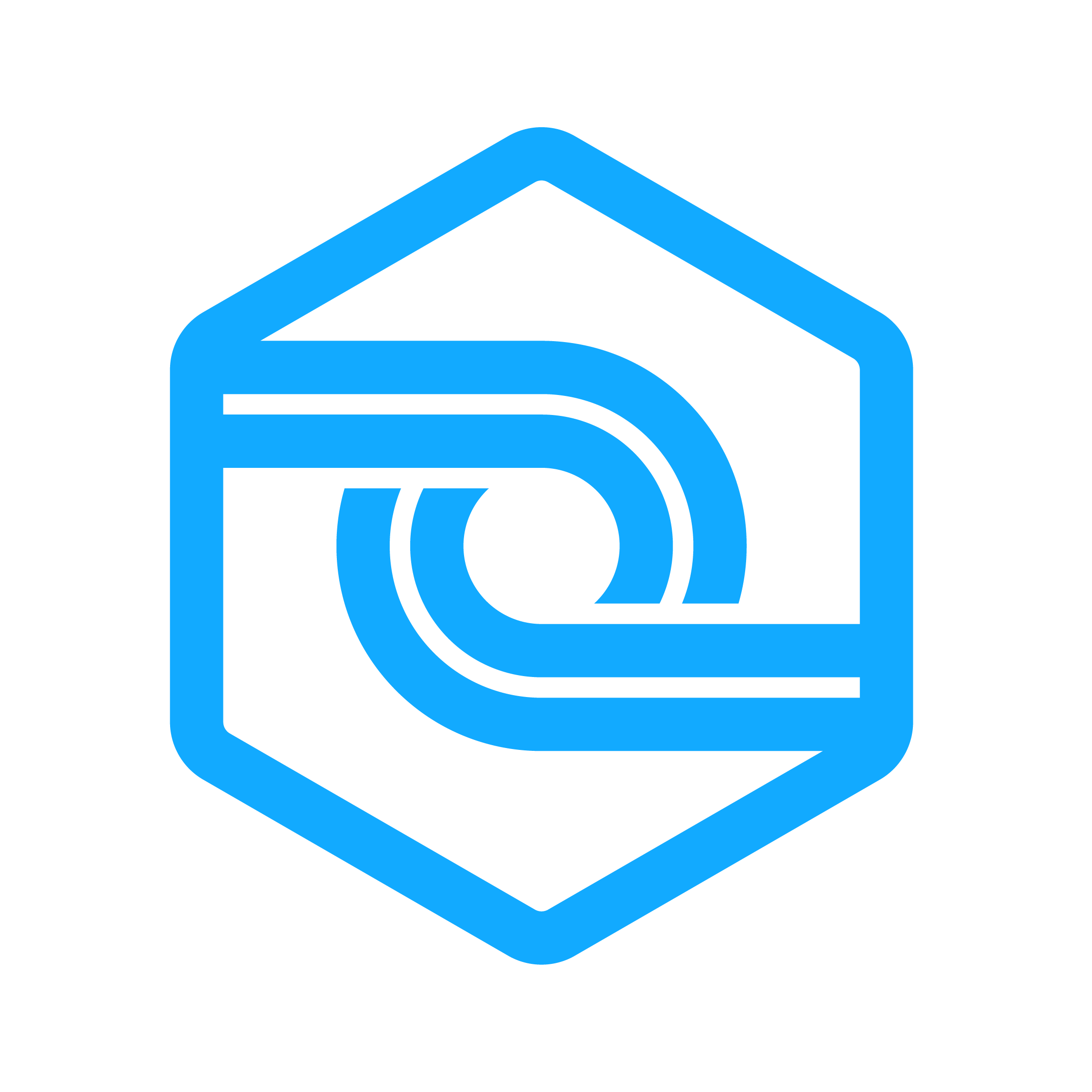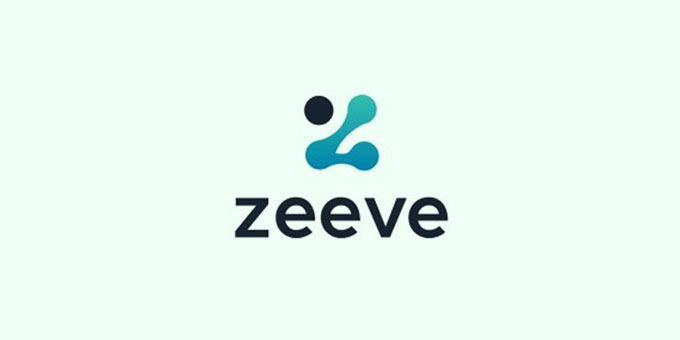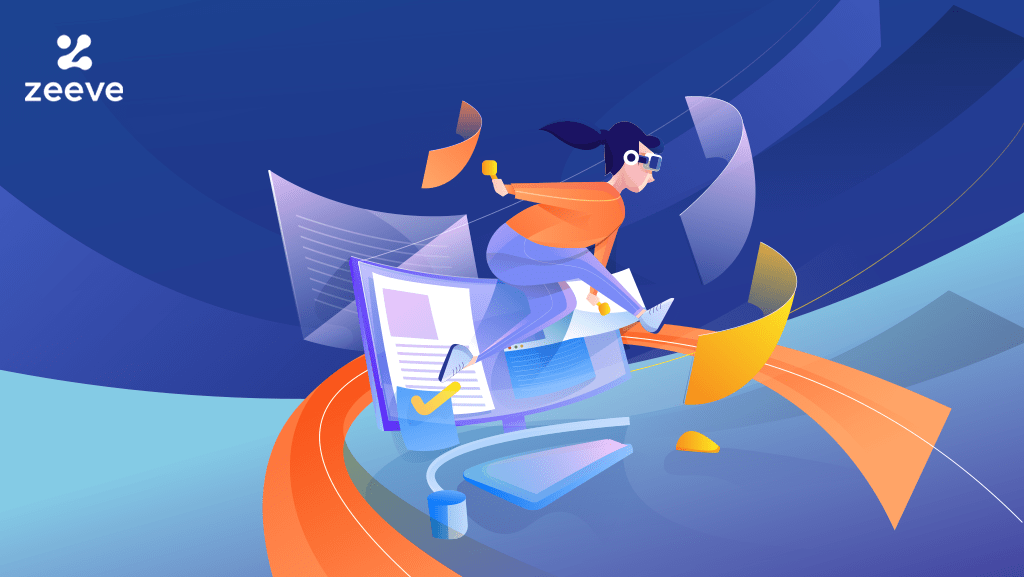The popularity of blockchain in gaming industry has grown over the past few years as it offers players several advantages. Play-to-earn crypto models are trending, turning the tables in favor of the gaming industry. Let’s get into the details and see how the deployment of blockchain in gaming works!
With the popularity of the blockchain ecosystem increasing rapidly, more and more businesses in different domains are experimenting with the technology and exploring ways to implement advanced solutions for the far better rewards they hold. It is not just the cryptocurrency networks where the technology holds advantages but there are several use cases of blockchains across various industries, including healthcare, supply chain, logistics, governance, and so on. There are a plethora of advantages for the implementation of blockchain in the gaming industry too.
Today’s gaming industry: problems plaguing it
Apparently, the bulk of online games stores their data on the central, specific repositories, thereby following a centralized operating model. It is in the hands of the game administrators wherein the complete authority is vested in such a centralized model.
Usually, the account information and the server history with records of all events and in-game assets as collected by the players are stored as data. Given that the game owners or administrators have the ownership of the database; players do not have any control or right to alter their accounts or items. Furthermore, there are several disadvantages of having centralized models in the gaming industry, a few of which may include the following:
- Breakdown of server for technical faults
- Intrusion of the system by cyber thieves and hackers
- Gaming sites going out of business
- Unwarranted prohibition of accounts
- Non-existence of transparency with context to the game mechanism and charges
- Influencing the game economy by developers and administrators
In short, the centralized model of gaming rests all the power in the hands of the gaming companies and game developers. However, blockchain in gaming industry holds the potential to eliminate or diminish most of these challenges.
How does Blockchain in Gaming Industry work?
Blockchain is a distributed ledger technology and it can be implemented in gaming apps to validate, authenticate and also secure all types of digital data. The in-game transactions, history, data of all the gaming assets, tokenized assets, and also digital collectibles are recorded in the blockchain and also verified. The major objective of introducing blockchain in gaming industry is to take away power from the gaming owners, administrators, and companies and also rest the same in the hands of the players.
With the introduction of blockchain in gaming industry, every player can enjoy complete control over their accounts and also digital assets. Players can freely trade their digital assets anytime. There are a few unique methods too involved with maintaining and developing the blockchain game.
Benefits of blockchain in Gaming industry
Here is a list of the advantages of blockchain in gaming industry.
Real ownership
Players in blockchain-powered games can enjoy permanent ownership and complete control over their in-game digital items, assets. Usually, every game asset is symbolized by an inimitable, non-fungible token (NFT), such as the ERC-721 tokens.
In-game assets, including the gaming tools, skins, equipment, collectibles, cards and characters can be completely controlled. Irrespective of the asset types, these can be linked to the blockchain tokens as maintained by the distributed network.
Peer-to-peer transaction in decentralized marketplace
Currently, the power lies in the hands of game developers who can manipulate the drop rate and also influence the budget of their games. In-game assets can be locked in by traders and also be bound thus restricted from being traded. Opposed to the centralized model, the in-game assets built on top of the blockchain networks can push forth the development of decentralized marketplaces. It removes the requirement for trust between players. Players can indulge in the free purchase, sale, or even the trade of their in-game items and carry on a peer-to-peer transaction.
Streamlining payments
Gaming built on smart contracts and blockchain networks comes with lesser fees and also accelerates financial transactions. Blockchain-powered games can facilitate all types of payments, and it is not only for the trades between the players but also facilitate streamlining of payment between the developers and players.
Gaming multi-universe
Connecting the in-game assets with their blockchain tokens can allow gamers to trade their gaming items even with different games. It is a great option for gamers to reuse their digital in-game collectibles while also exploring different gaming options. Gaming assets are represented through the different digital tokens and players can trade these tokens in other decentralized marketplaces that are hosted on the same blockchain network.
Fair playing ground
Blockchain technology empowers the game developers to host their gaming apps on the distributed ledger, open-source framework and also have complete transparency. When operating on the blockchain network, the mechanism of the game can be altered only when most of the members of the network vote in favor of the changes. The distributed open-source framework also prevents cyber-attacks, thefts and hacking incidents. Blockchain technology doesn’t allow for disruption of the game as there is no single point of failure.
Unlimited gaming
In a centralized operating model, the game developers or administrators can move away from the gaming project anytime they wish, giving players little or no choice to continue their game. However, in the case of blockchain-powered gaming apps, the players can continue with their games even when the developer decides to shut down the project. In a blockchain network, the game is continued and kept alive as long as the network is up and running. In a number of cases, the new game owners take control and can shut down the project for its enhancement or development.
Challenges of implementation of Blockchain in Gaming industry
The introduction of the blockchain in gaming industry has thrown up exciting new avenues and opportunities for game developers and players alike. Despite the brand new horizon seen with blockchain in gaming industry deployment, quite a few limitations persist and it is significant to overcome these problems. Here is a list of some of the problem areas of blockchain in gaming environments:
Scalability– In comparison to the centralized networks, the blockchain networks can be quite slow, and hence they can prevent global adoption of games. Running several games on the same blockchain network can actually slow it down.
Absence of mass adoption – Even though the blockchain has been gaining traction and gamers are exploring the benefits of its deployment, the overall demand for blockchain-powered games is still low. There is still a limited number of players for blockchain-based games and the majority of them follow the centralized models.
Centralization – Even though blockchain technology implies that the gaming apps are run on decentralized servers, not all of them are fully decentralized. In fact, some of them use the ERC-721 tokens. However, they do run on centralized servers, which is quite a challenge.
Simplicity – Even though the simple-looking graphics of some of the blockchain-based games work as an advantage for them, for a few it turns out to be quite a challenge. The simple features of the blockchain-powered games often fail to appeal to the dynamic gaming crowd who values the high-graphic quality of games more. Blockchain-based games should focus on providing elaborate gaming experiences.
Entry not for all: It can be quite a complex task to maintain a blockchain game and raise funds for that. The absence of adoption for blockchain-based games on a global scale along with the scalability issues restricts the development of a huge number of blockchain gaming platforms.
Competition – The blockchain gaming companies are still in their nascent stage of development and are often formed by small, budding developers and enthusiasts. Hence, they may have a tough time when competing against the tech giants operating on the centralized models. It will still take some time for blockchain games to gain more popularity and face fierce competition from giant tech firms.
Fortunately, some blockchain-based gaming development companies are exploring solutions and experimenting with the existing networks and frameworks to tackle the existing issues. For example – Ethereum Plasma, Layer 2, and others are being explored by gamers to resolve the scalability issues.
Examples of Blockchain Games
The blockchain gaming niche is relatively at a nascent stage of development and quite small as compared to the conventional forms of gaming. However, there are several DApps and decentralized games built on blockchain networks. Although Ethereum is the top favorite of all the DApps and gaming platforms running on this blockchain network, a few other projects are also developed on networks such as TRON, ONT, NEO EOS, and so on. Here is a list of some of the blockchain games.

Axie Infinity – It is undoubtedly the king of all crypto games, taking the NFT gaming experience to altogether new heights. In this game, players can buy, sell, trade, or breed the Pokemon-like digital creatures and they can also use them to fight other players or teams in seasonal tournaments.
Decentraland (virtual reality platform) – This unique virtual NFT gaming and reality platform runs on the Ethereum blockchain. It allows users to generate the gaming experience and earn money off it in multiple unique forms. Users of the platform also get to create and hold ownership over a piece of land in the virtual reality world. The platform is built on the blockchain network and hence the users can have ownership of those virtual lands.
Crypto Kitties – It is one of the popular blockchain-based games to attract a lot of users and also open new avenues to the crypto-collectibles market. Game users can buy, breed, and also indulge in the trade of cute cartoon-like cats with different degrees of rarity. It is a simple game but can turn out to be quite addictive. Buying and breeding new cats can be a little pricey.
Gods Unchained – This popular blockchain-based game is inspired by Magic: The Gathering and the card combatant championship is quite the same in nature as Hearthstone. Users play and build decks to battle out the opponents. Players enjoy complete ownership of the cards they win, sell or trade upon their free will. Some digital cards are valued in thousands of dollars since they are really rare.
My Crypto Heroes – This crypto game is built on the Ethereum blockchain and involves an RPG battle game. Users can play with the historical figures and also go on explorations in search of unique items and fight it out against other players for earning rich rewards and fame.
Other Blockchain-based games
While the blockchain-based games are still picking up popularity and the above names are the most popular movers and shakers in the blockchain-gaming world, here is a list of some more new and unique blockchain-powered games that you must explore in 2022:
· Cheeze Wizards
. Crypto Space Commander
· Mythereum
· HyperSnakes
· EOS Dynasty
· EOS Knights
· Beyond the Void
· CryptoZombies
· Relentless
· HyperDragons Go
· CryptoWars
Closing thoughts
Undoubtedly, the distributed ledger technology – blockchain in the gaming industry holds great potential for game developers and users. The technology facilitates a set of advantages for gamers and developers, with regard to a decentralized gaming world, transparency, ownership, interoperability. If the game developers manage to resolve the existing challenges of the blockchain implementation then the gaming world is likely to see the major transformation for the better.
Blockchain-based games would open up a new horizon for gamers wishing to monetize their gaming capabilities and the time they spent on playing those games. Gamers can make money in a fair and highly transparent manner, while also enjoying complete ownership of the in-game items. Therefore, game players would turn from just a player to a stakeholder by contributing immensely to a community-driven ecosystem. As more and more crypto games emerge, more and more players are likely to jump into the decentralized gaming system for fair, transparent, and better virtual experiences.
Zeeve can help with the deployment of beneficial blockchain solutions and help turn the tables for players to make most of the play-to-earn crypto games and monetize from the hobby. Blockchain can be the primary driver for gamers in the industry which is expected to go beyond the $300 billion mark over the period of the next 5 years. Gamers and developers should watch the space for lucrative opportunities and monetize their gaming abilities with the rise of crypto games.






















